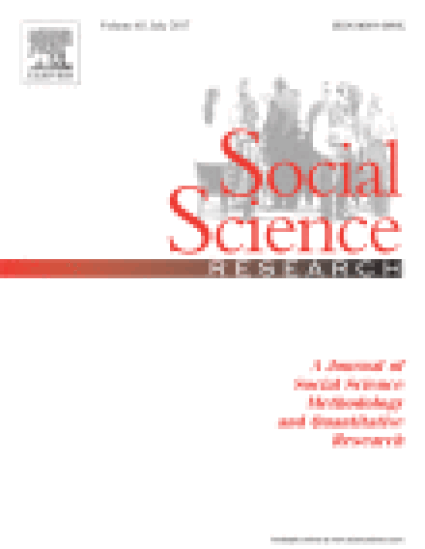
This study explores the role played by social media in reshaping the repression-mobilization relationship. Drawing on the case of the Occupy Wall Street movement, we examine the impact of Facebook and Twitter on the spatial diffusion of protests during a period of heightened state repression. Results from event history analyses suggest that the effects of repression on protest diffusion are contingent on the presence of social media accounts supporting the movement. We find that state repression at earlier protest sites encouraged activists to create Facebook and Twitter accounts in their own cities, which then served as important vehicles for the initiation of new Occupy protests. Moreover, results suggest that repression incidents can directly facilitate future protests in cities that already have Occupy Facebook accounts. This study highlights the potential of social media to both mediate and moderate the influence of repression on the diffusion of contemporary movements.
